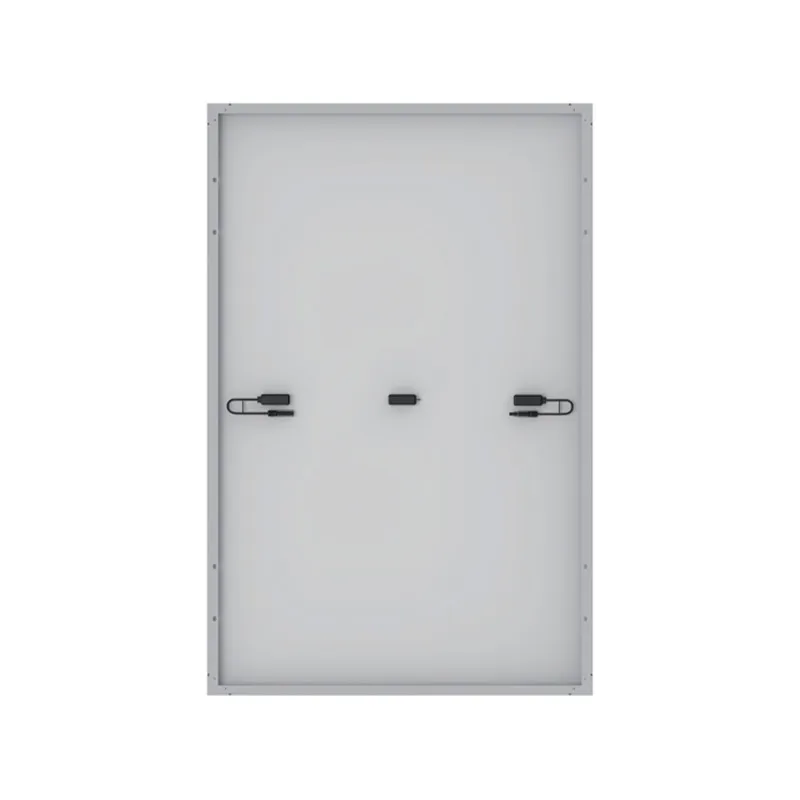initial cost of solar panels
Initial Cost of Solar Panels An In-Depth Analysis
As the world becomes increasingly aware of the impacts of climate change, renewable energy sources like solar power are gaining traction. The adoption of solar panels has seen a steady rise in recent years, driven by both environmental concerns and the promise of cost savings. However, one major barrier to wider adoption remains the initial cost of solar panels. This article explores the factors influencing the initial costs associated with solar panel installation, the financial incentives available, and the long-term benefits that can offset these initial expenses.
Understanding Initial Costs
The initial cost of solar panels can vary greatly based on several factors, including system size, type of solar technology, installation complexity, and location. On average, the total installed cost of solar energy systems typically ranges from $15,000 to $30,000 before any incentives are applied. Solar panels themselves represent a significant portion of this cost, along with the inverter, mounting hardware, and installation labor.
Factors Influencing Costs
1. System Size and Energy Needs Larger systems designed to meet higher energy demands will naturally cost more. Homeowners should consider their average electricity consumption and future energy needs when determining the size of their solar system.
2. Type of Solar Technology There are mainly two types of solar panels available monocrystalline and polycrystalline. Monocrystalline panels are generally more efficient and occupy less space, but they tend to be more expensive. Polycrystalline panels, while less costly, may require more area due to their lower efficiency.
3. Installation Complexity The structure of the home, the roof's angle, orientation, and shading can complicate installations. More intricate installations typically lead to higher labor costs, thus raising the overall price.
4. Location Pricing can vary by region, influenced by local market rates for labor and materials, as well as state or local regulations. Incentives and rebates can also be region-dependent, making it crucial to research local offerings.
initial cost of solar panels

Financial Incentives
To counter the high initial costs, many governments and organizations offer financial incentives for solar panel installations. In the United States, for example, the federal government provides a tax credit that allows homeowners to deduct a percentage of the installation costs from their federal taxes. State governments and utility companies often have their own rebate programs, grants, and net metering policies, all of which can significantly reduce the upfront expense.
In addition to direct financial incentives, financing options such as solar loans, leases, and power purchase agreements (PPAs) allow homeowners to install solar panels with little or no upfront payment. These options enable consumers to pay for the installation gradually, based on energy savings.
Long-Term Savings and Benefits
While the initial investment in solar panels can be considerable, the long-term benefits often outweigh these costs. Solar panels can generate significant savings on electricity bills, especially as energy prices continue to rise. Many homeowners report savings of 30% or more on their monthly energy bills after installation. Moreover, solar systems often increase a home's value, making them an attractive investment for potential buyers.
Additionally, solar energy provides environmental benefits by reducing dependence on fossil fuels and lowering greenhouse gas emissions. As countries continue to strive for sustainability, the transition to renewable energy sources like solar will be critical in combating climate change.
Conclusion
Though the initial cost of solar panels can be daunting, understanding the factors that contribute to these expenses, exploring available financial incentives, and recognizing the long-term savings can help homeowners make informed decisions. As technology continues to advance and economies of scale are realized, the cost of solar panels is likely to decrease further. For those concerned about the environment and looking to save on their energy bills, investing in solar energy may prove to be one of the best decisions they can make—both financially and ethically.
-
Understanding the Advantages of Solar String Inverters for Your Energy SystemNewsApr.29,2025
-
Choosing the Right PV Inverter: A Comprehensive GuideNewsApr.29,2025
-
The Future of Solar Power: Exploring Bifacial Solar PanelsNewsApr.29,2025
-
The Complete Guide to Solar Panels: Efficiency, Cost, And InstallationNewsApr.29,2025
-
The Best Options for Efficiency and Cost-EffectivenessNewsApr.29,2025
-
Harnessing the Power of Off-Grid Solar Inverters for Energy IndependenceNewsApr.29,2025







